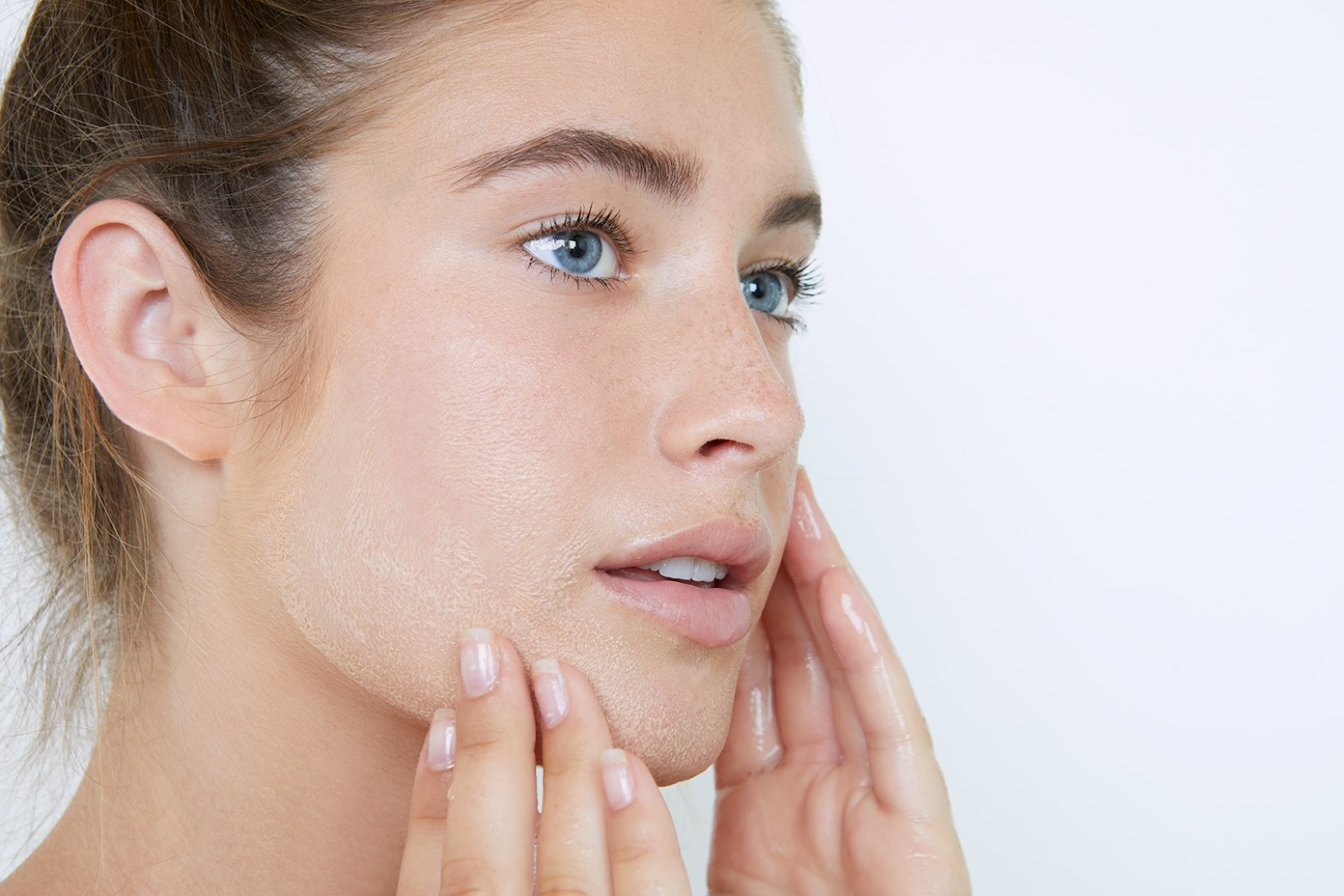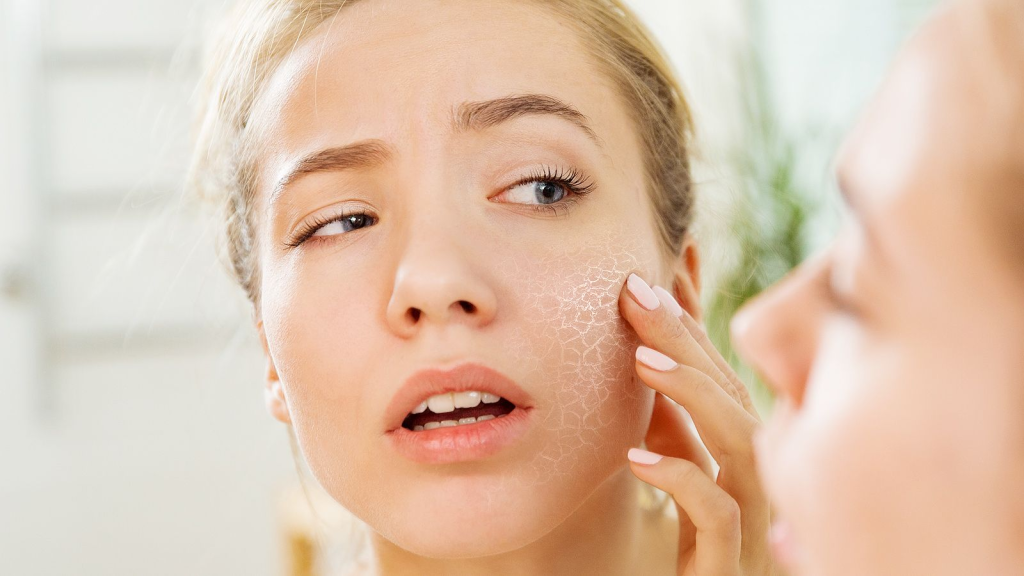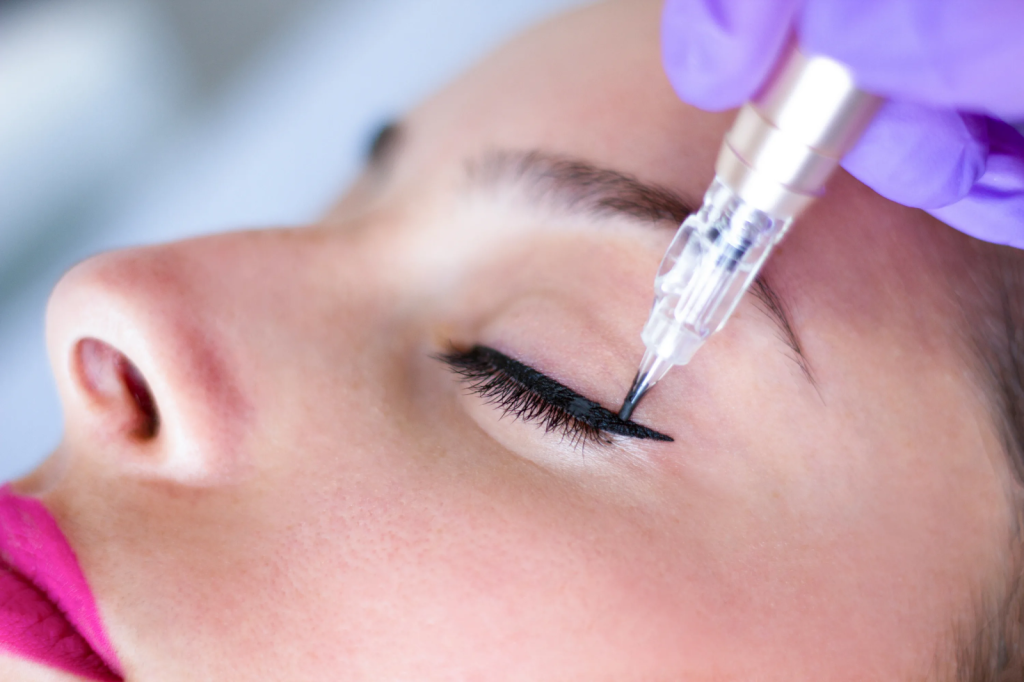Our skin can sometimes feel like a mystery, responding to changes we can barely perceive. If you’ve noticed your skin turning red, feeling itchy, or becoming irritated with products it once tolerated, you’re likely dealing with sudden skin sensitivity. This abrupt shift may leave you wondering, Why is my skin suddenly sensitive? While such changes can be concerning, they’re often traceable to factors ranging from external environmental triggers to internal bodily fluctuations. In this comprehensive article, we will explore the myriad reasons behind this phenomenon and provide helpful insights for managing sensitive skin.
Recognizing Sudden Skin Sensitivity
Sensitive skin is characterized by hyper-reactivity to environmental factors, leading to discomfort, redness, or irritation. If you’re experiencing a sensation of ‘tightness’, noticing increased redness, or a sudden susceptibility to products you’ve used for years, you’re witnessing the hallmarks of increased sensitivity. Differentiating between chronically sensitive skin and sudden onset sensitivity can be crucial for finding the righ approach to alleviating symptoms. Sudden skin sensitivity might be temporary and linked to specific triggers, as opposed to a persistent condition requiring long-term management.
Common Triggers of Sensitive Skin

Understanding what has unleashed this wave of sensitivity in your skin is the first step towards calming it. A multitude of factors, both internal and external, can trigger skin sensitivity. Hormonal changes, heightened stress levels, and shifts in diet can all interfere with your skin’s natural barrier. Externally, abrupt changes in weather, exposure to pollutants, and contact with various allergens play a significant role. In many cases, an individual’s skincare or cosmetic use is the culprit – particularly the use of products with harsh chemicals or over-exfoliating the skin.
- Hormonal Fluctuations
- Stress
- Diet
- Climate Changes
- Pollution
- Allergens
- Skincare Products
- Cosmetic Products
Dermatological Conditions and Sensitive Skin

Occasionally, underlying skin conditions such as eczema, rosacea, or contact dermatitis could be the reason behind your sudden sensitivity. These conditions might have been dormant and are now aggravated by certain triggers, exacerbating your skin’s sensitivity. Being aware of these conditions can greatly influence the management of sensitive skin, as they may require specific treatments prescribed by a dermatologist.
Navigating Lifestyle Changes
About face! Adapting your lifestyle can prove enormously beneficial in managing sudden skin sensitivity. Adjusting your skincare routine by adopting gentler products and practices is a crucial step. Additionally, tweaking your die to include anti-inflammatory foods and staying well-hydrated can support your skin from the inside. Implementing stress management techniques such as meditation, exercise, or therapy could also reflect positively on your skin’s health.
Seeking Professional Help
Not all skincare challenges can be resolved with over-the-counter products or lifestyle changes. When your skin’s sensitivity becomes too much to handle, or if you’re struggling to determine the cause, it’s time to bring in a dermatologist. These skin experts can provide in-depth skin assessments, perform patch testing to identify specific allergens, and suggest treatments or medications to help manage your sensitivity.
The Role of Environmental Factors
The world around us can be harsh on the delicate nature of sensitive skin. UV rays and pollutants can damage the skin’s barrier, leading to increased sensitivity. Thankfully, strategies like daily sunscreen application, wearing protective clothing, and using antioxidants in skincare can mitigate these environmental stressors.
Table 1 provides a snapshot of key environmental factors and protective measures for sensitive skin:
| Environmental Factor | Impact on Skin | Protective Measures |
|---|---|---|
| UV Exposure | Can lead to photoaging and exacerbate skin conditions | Broad-spectrum sunscreen, seeking shade |
| Pollution | Can cause irritation and premature aging | Cleansing, antioxidant products |
| Extreme Temperatures | Can strip away moisture, leading to dryness and irritation | Moisturizers, avoiding extreme conditions |
Product Ingredients to Avoid
As we’ve established, not all skincare ingredients are friends to sensitive skin. Becoming a label detective is important to spot and avoid known irritants. Some of these offenders include drying alcohols, synthetic fragrances, and sulfates. Instead, look for calming ingredients like aloe vera, ceramides, and hyaluronic acid that nurture and repair your skin’s barrier.
Daily Skincare Tips for Sensitive Skin
Building a daily routine is like constructing a safety net for your sensitive skin. Start by finding a gentle cleanser, use non-irritating moisturizers, and never underestimate the power of a good sunscreen. Here are two crucial numbered tip lists for creating a safety net routine:
- Use hypoallergenic and fragrance-free products
- Always patch test new products before full application
Conclusion
Sensitive skin can be an uncomfortable and distressing issue, but understanding the potential causes can empower you to take control. Consider the wide array of triggers, from lifestyle choices to environmental factors, and question if they may be impacting your skin’s tolerance level. Taking a proactive approach toward your skin health by adjusting your skincare routine and consulting with a dermatologist when necessary can make a significan difference. Remember to be gentle, patient, and attentive to your skin as it weather’s its sensitivity storm.
FAQs (Frequently Asked Questions)
Q1: Can dietary changes really affect the sensitivity of my skin? A1: Yes, dietary changes can impact skin health. Foods that cause inflammation or allergies may increase skin sensitivity. It is important to monitor how your skin reacts to certain foods and adjust your diet accordingly.
Q2: How do I differentiate between an allergic reaction and sensitive skin? A2: An allergic reaction is often characterized by immediate, intense responses such as hives or swelling and is typically localized to where the allergen was in contact with the skin. In contrast, sensitive skin reactions might be more general, such as redness or irritation, and could be a result of various triggers.
Q3: Are there specific ingredients in skincare products I should avoid if I have sensitive skin? A3: Yes, individuals with sensitive skin should avoid harsh ingredients such as alcohol, fragrances, and sulfates, which can strip the skin of natural oils and lead to irritation. Instead, look for products designed for sensitive skin that contain calming and restorative ingredients.
Q4: Is it possible for my skin to become less sensitive over time? A4: Yes, with proper skincare and lifestyle adjustments, it’s possible to strengthen your skin’s barrier and potentially reduce sensitivity over time. However, it is essential to continuously protect and care for your skin to maintain this improvement.
Q5: Should I stop wearing makeup if my skin becomes sensitive? A5: Not necessarily. You can still wear makeup, but you might need to switch to non-comedogenic, fragrance-free, and hypoallergenic products that are less likely to irritate sensitive skin. Also, ensure that you’re diligent with removing makeup gently but thoroughly at the end of the day.






